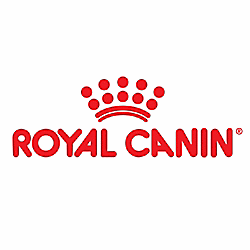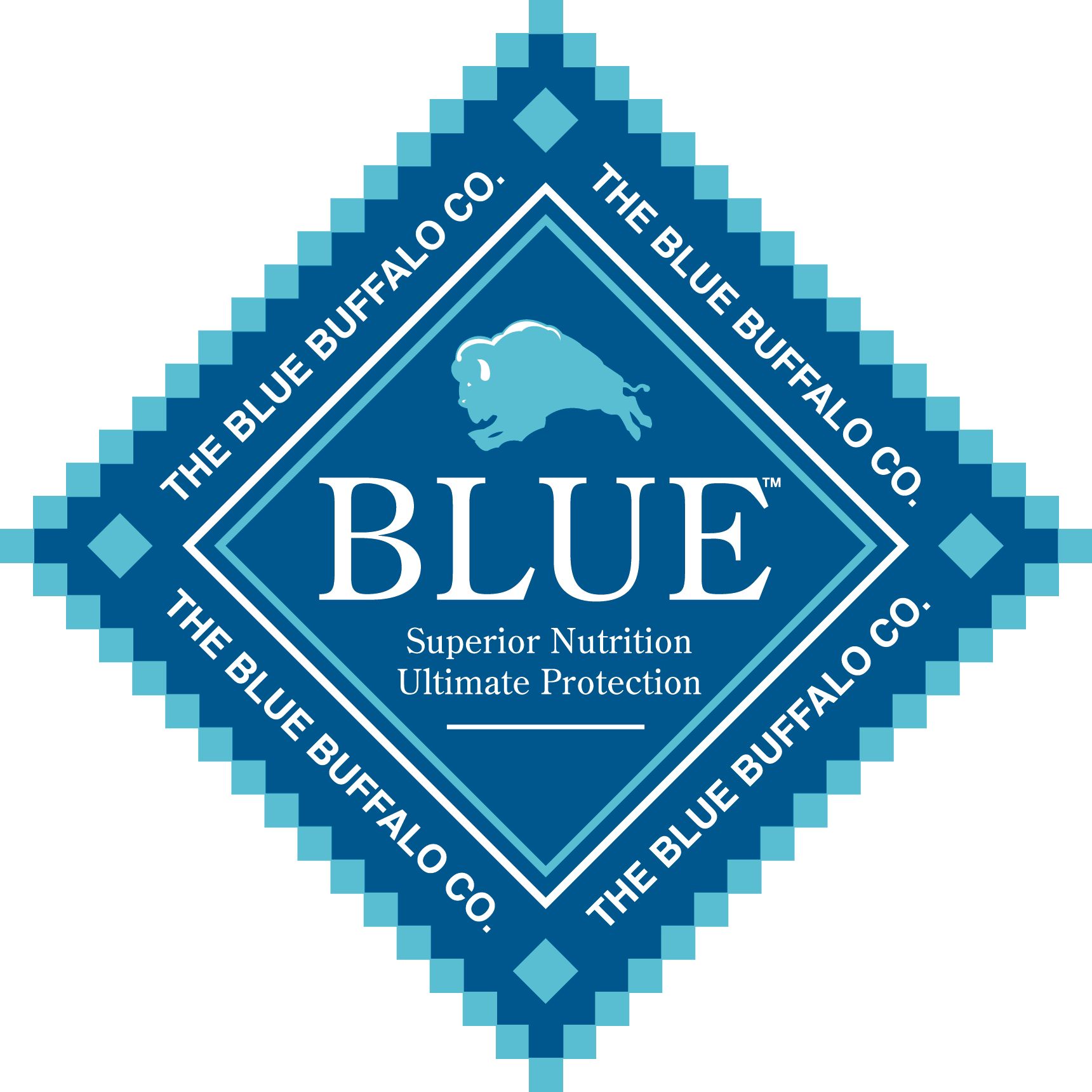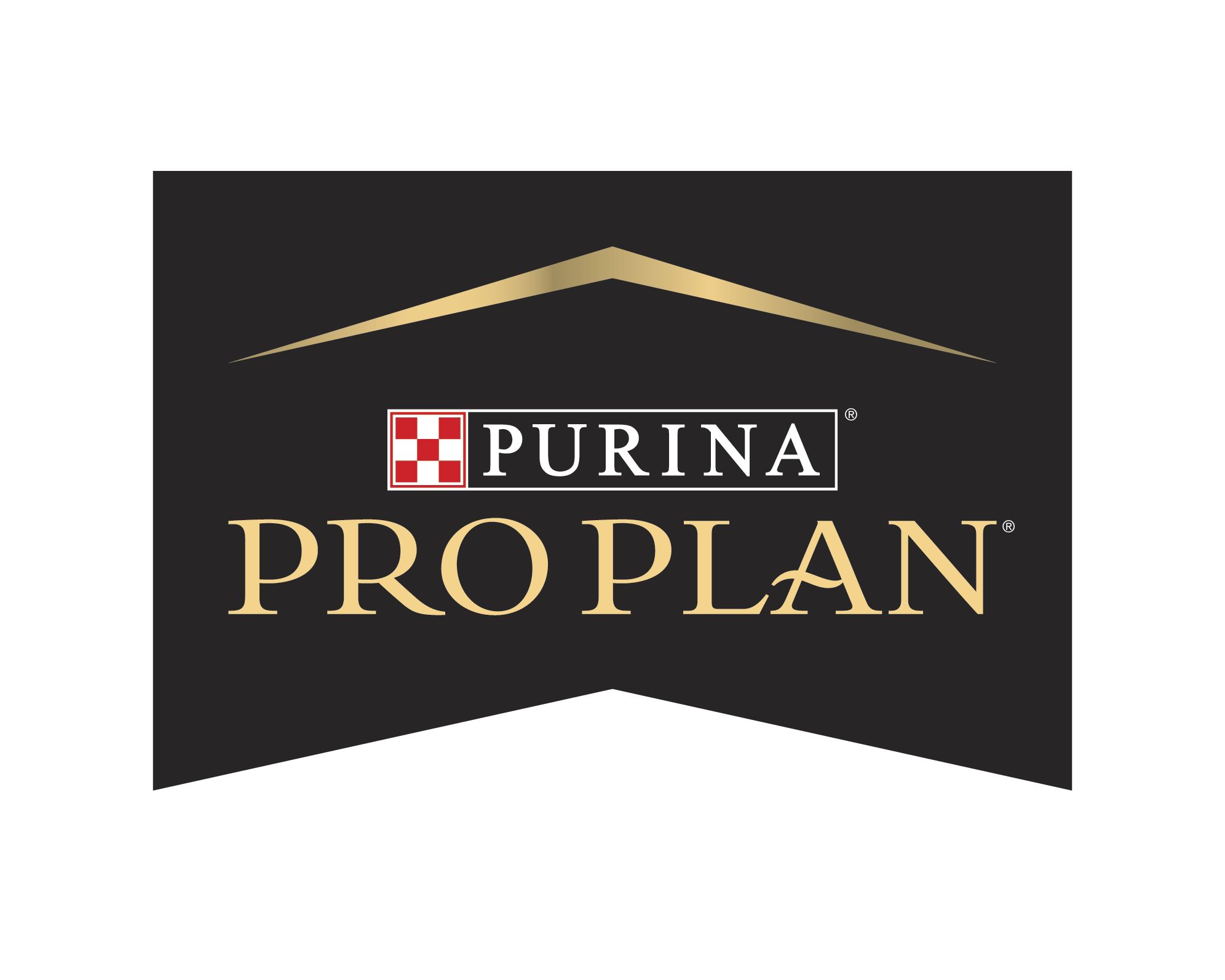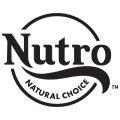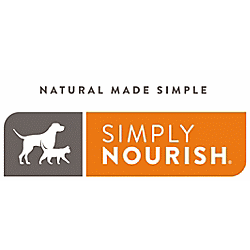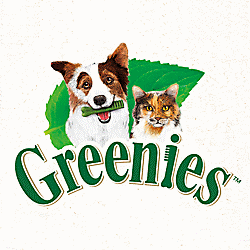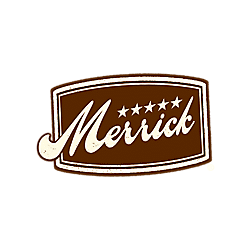
 top
top
DOG / health & care
Does My Dog Need Supplements?
Overview
Does your dog need supplements to stay healthy? Chances are, your dog’s food provides them with all the nutrients they need. In fact, if your furry best friend doesn’t have any medical conditions or specific health considerations, they may not need any help from supplements. But there are some instances in which your pup could benefit from supplemental sources of vitamins, minerals and other nutrients. If you’re curious about whether vitamins and supplements could help support your dog’s health, be sure to consult with your veterinarian. Learn more about vitamins and supplements for dogs and their potential benefits.
Does My Dog Need Supplements?
Well, the answer to this question is: it depends. Like we said before, if your dog has a clean bill of health, a nutritionally complete diet, and you don’t have any concerns, they may not benefit from additional vitamins or supplements. However, supplements can provide some benefits to dogs who are lacking in one area or another. For example, if your dog is a picky eater, is recovering from an illness, is pregnant or nursing puppies, or has certain diseases or skin problems, ask your vet whether a nutritional supplement might be useful.
Just like with humans, not all dogs have the same nutritional needs or medical ailments. Additionally, there are many factors that can affect their need for supplements, such as age, size, breed, medical conditions and diet.
What Are Some Benefits of Supplements for Dogs?
Nutritional supplements can support your pet’s health and wellbeing in many ways if they are in need of an additional source of nutrients. Supplements may help maintain:
- Joint Health
- Proper Digestion
- Immune System Function
- Skin and Coat
- Emotional Balance
- Normal Cardiovascular Function
Hips and Joints: If your dog needs extra support for their hip and joint health, there are a few supplements that may help. For example, Chondoitin and Glucosamine may help maintain healthy joints and connective tissue. Other ways to support your dog’s hips and joints include investing in an orthopedic bed, using dog steps, and limiting their exercise on hard surfaces. There are also certain types of dog food that are formulated to provide joint nutrition.
Digestion Relief: Does your dog need digestive support? Probiotics may support their digestive health by helping them keep a healthy balance of bacteria, which promotes intestinal well-being. If your vet doesn’t recommend probiotics for your dog, other ways you can help support their digestive health include reducing stress, giving them adequate exercise and feeding them a nutrient-dense diet.
Skin & Coat: Supplemental Omega 3 fatty acids can support your dog’s skin and coat, as well as help treat allergies and skin disease. Other ways to help with skin and coat issues include regular grooming practices, such as bathing and brushing, as well as feeding them quality food and healthy treats.
There are many different types of vitamins and supplements for dogs out there, with many different uses and potential side effects, so it’s always best to consult your vet before giving them to your pet. And remember, too much of a good thing can be a bad thing, so it’s important to follow your veterinarian’s recommendations and use all supplements as directed.
Information in this article is not intended to diagnose, treat or cure your pet and is not a substitute for veterinary care provided by a licensed veterinarian. For any medical or health-related advice concerning the care and treatment of your pet, contact your veterinarian.

